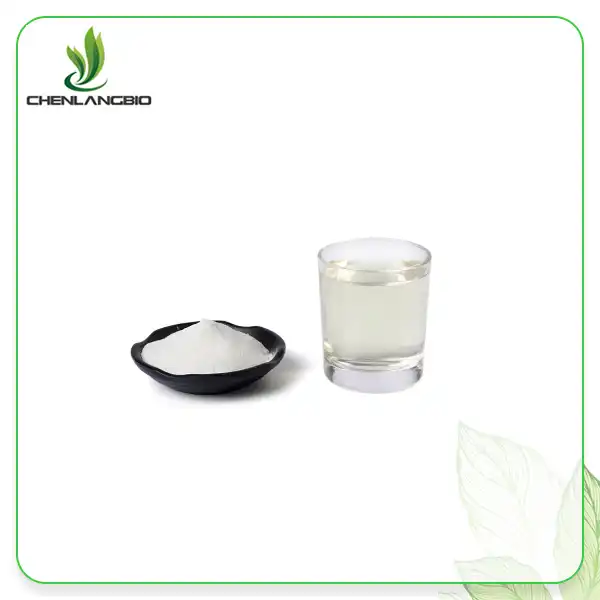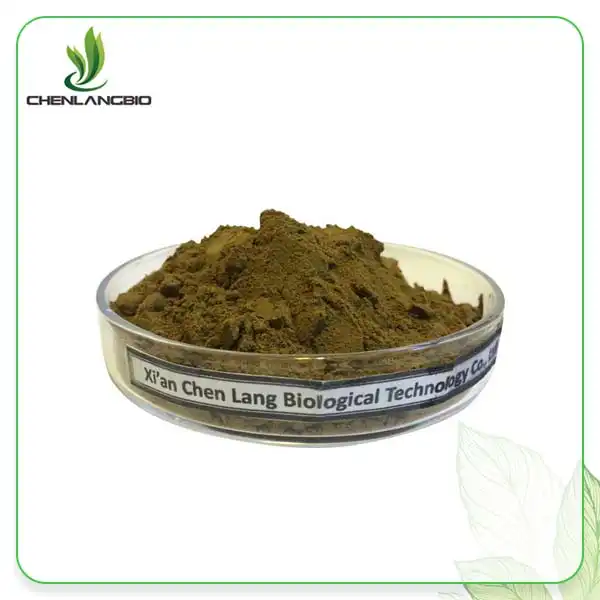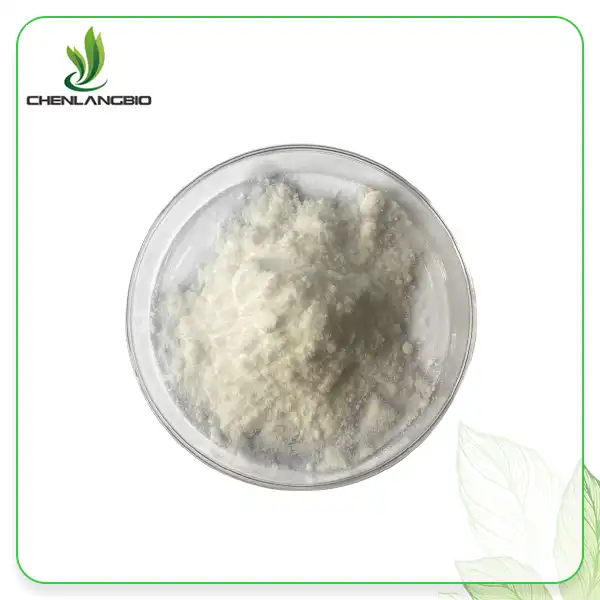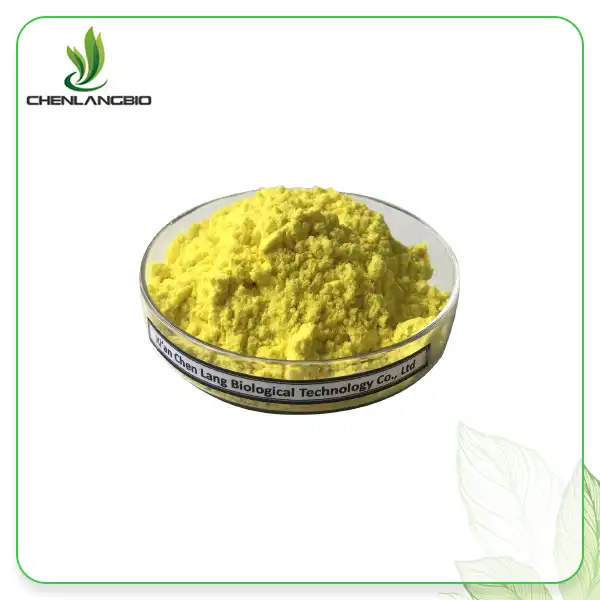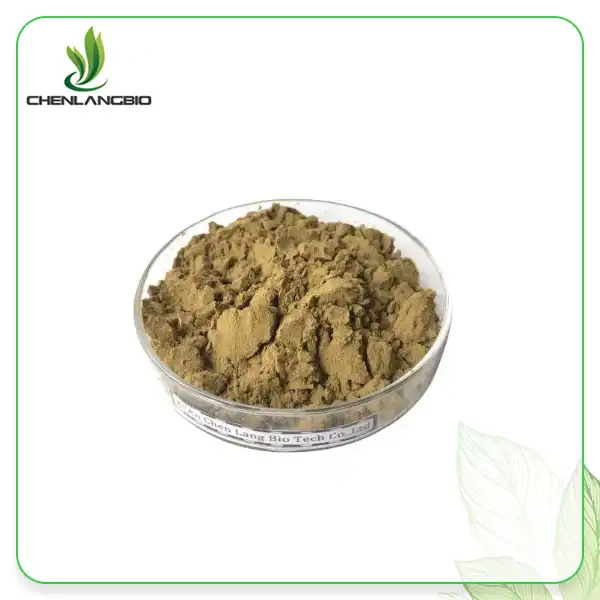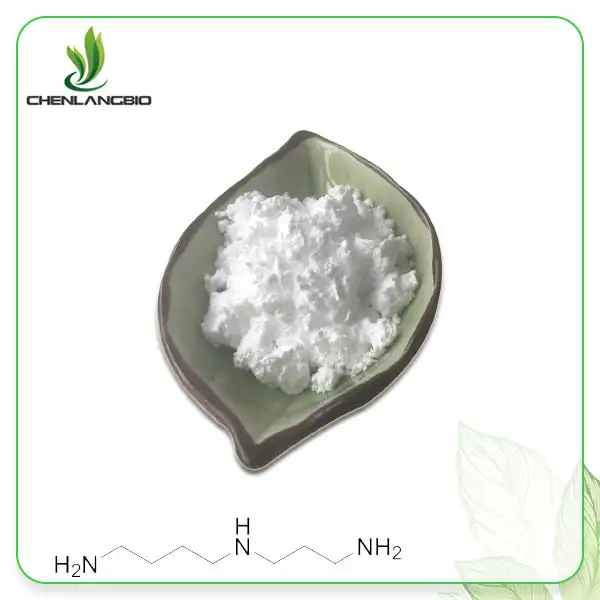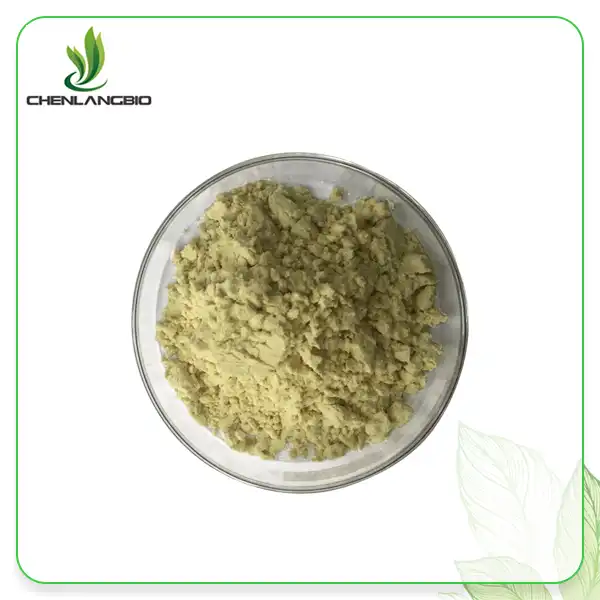Who Shouldn't Consume Curcumin or Turmeric
2024-02-21 11:35:52
Are Curcumin and Turmeric the Same?
Curcumin powder and turmeric are two terms often used interchangeably, but they are not quite the same thing. Curcumin is a compound found in turmeric, while turmeric powder is a ground form of the root. In this article, we will explore the distinctions between curcumin and turmeric powder, their individual characteristics, and the numerous health benefits associated with each.
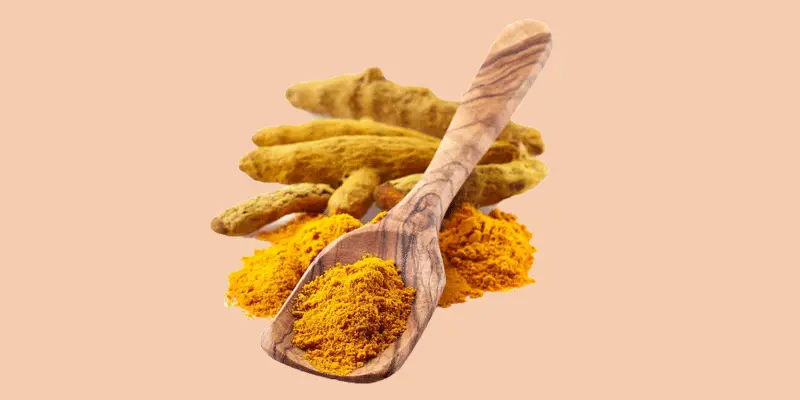
What is Curcumin?
Curcumin is a bioactive compound found within turmeric (Curcuma longa), a flowering plant of the ginger family. It is known for its vibrant yellow color and has been used for centuries in traditional medicine, particularly in Ayurveda and Traditional Chinese Medicine. Curcumin is the primary polyphenol responsible for the characteristic yellow color of turmeric.
Curcumin is renowned for its potential health benefits, which include powerful anti-inflammatory, antioxidant, and antimicrobial properties. It has been the subject of numerous scientific studies due to its potential to combat various diseases and promote overall well-being.
What is Turmeric Powder?
Turmeric powder, on the other hand, is the ground form of the turmeric root. To obtain turmeric powder, the rhizomes of the turmeric plant are boiled, dried, and ground into a fine powder. It is widely used as a spice in various cuisines around the world, adding flavor and a warm, earthy aroma to dishes.
Turmeric powder contains not only curcumin but also various other bioactive compounds and essential nutrients. While curcumin is a key component, turmeric powder is a more comprehensive representation of the entire turmeric root's nutritional and flavor profile.
Key Differences:
Composition: The primary difference between curcumin and turmeric powder is their composition. Curcumin is a single compound, while turmeric powder is a mixture of various compounds found in the turmeric root.
Concentration: Curcumin 95% is a highly concentrated compound, making up only about 2-5% of turmeric by weight. Turmeric powder, in contrast, contains a lower percentage of curcumin, typically ranging from 2-3% on average.
Bioavailability: Curcumin has limited bioavailability when consumed on its own. It is not easily absorbed by the body. In contrast, consuming turmeric powder as a whole provides better bioavailability due to the synergistic effects of other compounds in the root that enhance curcumin absorption.
Health Benefits:
Curcumin 95%:
●Anti-inflammatory properties that may help alleviate chronic inflammation.
●Potent antioxidant effects that protect cells from oxidative stress.
●Potential to improve brain function and reduce the risk of neurodegenerative diseases.
●May aid in managing symptoms of arthritis and other inflammatory conditions.
Turmeric Powder:
●It provides a broader range of nutrients and antioxidants, including fiber, vitamins, and minerals.
●Offers anti-inflammatory and antioxidant benefits through the collective action of various compounds.
●Supports digestive health and may help alleviate gastrointestinal issues.
●Adds flavor and color to dishes, making it a versatile ingredient in cooking.
Curcumin and turmeric powder are related but distinct entities, each with its unique characteristics and potential health benefits. While curcumin is a highly concentrated bioactive compound with targeted health benefits, turmeric powder offers a more holistic approach by providing a wide range of nutrients and culinary versatility. Incorporating both into your diet can be a wise choice, allowing you to enjoy the best of both worlds – health and culinary delight.
Who Shouldn't Consume Curcumin or Turmeric Powder?
Curcumin and turmeric are celebrated for their potential health benefits, but they may not be suitable for everyone. While these compounds are generally considered safe when consumed in moderate amounts as a part of a balanced diet, there are certain groups of individuals who should exercise caution or avoid curcumin and turmeric altogether.
Gastrointestinal Issues:
Individuals with a history of gastrointestinal problems such as acid reflux, ulcers, or gallbladder issues should be cautious when consuming curcumin or turmeric. These compounds can sometimes exacerbate these conditions, leading to discomfort and worsening symptoms.
Blood-Thinning Medications:
Curcumin powder has natural blood-thinning properties, which can be beneficial in some cases. However, it can pose a risk for those taking blood-thinning medications like warfarin. Combining curcumin with such medications may increase the risk of bleeding and bruising. It's essential for individuals on blood-thinners to consult their healthcare provider before adding curcumin or turmeric to their diet.
Surgery or Dental Procedures:
Due to its potential to affect blood clotting, it is advisable to discontinue the use of curcumin and turmeric supplements at least two weeks before scheduled surgery or dental procedures. It's important to inform your surgeon and healthcare team about any dietary supplements you are taking, as they can have implications for anesthesia and post-operative bleeding.
Pregnant and Nursing Women:
Although small amounts of turmeric as a spice in cooking are generally considered safe during pregnancy and breastfeeding, high-dose curcumin supplements should be avoided. Curcumin may stimulate the uterus and potentially lead to complications during pregnancy. It's best to consult a healthcare provider for guidance on turmeric consumption during this period.
Iron Absorption:
Turmeric contains compounds known as phytates, which can inhibit the absorption of dietary iron. If you have an iron deficiency or are at risk of one, you may want to be mindful of the timing of turmeric consumption, particularly if it's a significant part of your diet.
Allergic Reactions:
While rare, some individuals may experience allergic reactions to curcumin or turmeric. Symptoms may include itching, rash, or gastrointestinal distress. If you suspect an allergy, it's essential to seek medical advice and discontinue consumption.
Medication Interactions:
Curcumin can interact with various medications, potentially affecting their efficacy. If you are taking prescription medications, consult your healthcare provider to ensure there are no adverse interactions between your medications and curcumin or turmeric supplements.
How Much Curcumin Per Day?
The appropriate daily dosage of curcumin powder can vary based on several factors, including the concentration of curcumin in the powder, your specific health goals, and individual factors such as age, weight, and overall health. Here are some general guidelines for ★curcumin powder consumption:
Curcumin Concentration: The concentration of curcumin in the powder is a crucial factor. Standardized curcumin powder with a high curcuminoid content (usually around 95% curcuminoids) is commonly used in supplements. If you have such a highly concentrated curcumin powder, the recommended dosage typically ranges from 500 milligrams to 2,000 milligrams per day. However, it's essential to consult with a healthcare professional for personalized guidance.
★Dietary Turmeric: If you are using culinary-grade turmeric powder as a spice in your cooking, there is no specific daily recommendation. You can use it in moderate amounts in your meals. A common estimate is about 1 to 1.5 teaspoons of turmeric powder per day, spread across your dishes.
★Health Goals: Your ideal dosage may depend on your specific health goals. If you are taking curcumin powder for general health and well-being or for its potential anti-inflammatory and antioxidant properties, a lower dosage may be appropriate. However, if you are using it for a particular health condition, your healthcare provider may recommend a higher dosage.
Bioavailability: Keep in mind that curcumin, whether in powder or supplement form, has limited bioavailability when consumed on its own. To enhance absorption, some curcumin supplements and formulations include piperine (found in black pepper) or are lipid-based. These additives can improve the bioavailability and effectiveness of curcumin.
★Individual Factors: Your age, weight, and overall health can influence the appropriate dosage of curcumin powder for you. If you are taking any medications, it's crucial to consult with your healthcare provider to ensure there are no potential interactions.
★Caution: As previously mentioned, certain individuals, such as those on blood-thinning medications, pregnant or nursing women, and people with specific medical conditions, should avoid or limit curcumin intake. Always seek guidance from a healthcare professional if you have concerns about using curcumin powder.
XI AN CHEN LANG BIO TECH CO., LTD supply high quality curcumin 95% powder, we strictly control product quality, content, and heavy metals. Please send inquiry to Email: admin@chenlangbio.com if you want to buy curcumin.
Send Inquiry
Related Industry Knowledge
- Why Oleuropein Powder Beats Traditional Antioxidants in Formulations?
- What are the Potential Benefits of PQQ Supplementation?
- Sesamin Powder vs. Other Antioxidants: Which is Best?
- Can Kopexil be Used in Combination with Other Hair Loss Treatments?
- Pure Pomegranate Powder: Top Health Benefits
- What are the Health Benefits of Tetrahydrocurcumin
- Paeoniflorin 80% vs. Other Herbal Extracts: Which Is Best
- What is the Role of Aminolevulinic Acid
- What Effect of Jujuboside
- Is Glutathione GSH Powder Good for Skin Whitening



